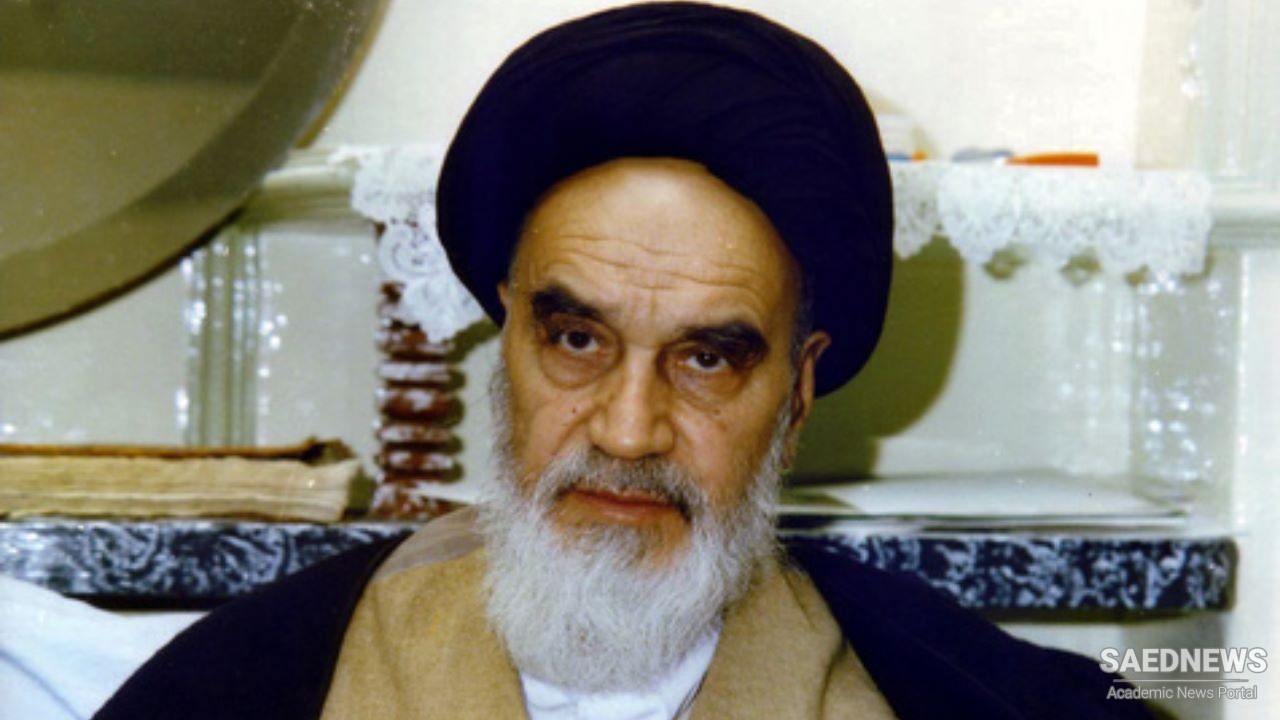We have abandoned almost all aspects of our duty, restricting ourselves to passing on, from one generation to the next; certain parts of Islamic law and discussing them among ourselves. Many of the ordinances of Islam have virtually become part of the occult sciences, and Islam itself has become a stranger; only its name has survived.
All the penal provisions of Islam, which represent the best penal code ever devised for humanity, have been completely forgotten; nothing but their name has survived. As for the Qur’anic verses stipulating penalties and sanctions, “Nothing remains of them but their recitation.” For example, we recite the verse: “Administer to the adulterer and the adulteress a hundred lashes each”(24:2), but we do not know what to do when confronted with a case of adultery. We merely recite the verse in order to improve the quality of our recitation and to give each sound its full value. The actual situation prevailing in our society, the present state of the Islamic community, the prevalence of lewdness and corruption, the protection and support extended by our governments to adultery—none of this concern us! It is enough that we understand what penalties have been provided for the adulterer and adulteress without attempting to secure their implementation or otherwise struggling against the existence of adultery in our society!
I ask you, is that the way the Most Noble Messenger (s) conduct himself? Did he content himself with reciting the Qur’an, then lay it aside and neglect to ensure the implementation of its penal provisions? Was it the practice of the successors of the Prophet (s) to entrust matters to the people and tell them, “I have no further concern with you”? Or, on the contrary, did they decree penalties for various classes of offender whippings, stonings, perpetual imprisonment, banishment? Examine the sections of Islamic law relating to penal law and blood money: you will see that all of these matters are part of Islam and part of the reason for the coming of Islam. Islam came in order to establish order in society; leadership48band government are for the sake of ordering the affairs of society.
It is our duty to preserve Islam. This duty is one of the most important obligations incumbent upon us; it is more necessary even than prayer and fasting. It is for the sake of fulfilling this duty that blood must sometimes be shed. There is no blood more precious than that of Imām Husayn (‘a), yet it was shed for the sake of Islam, because of the precious nature of Islam. We must understand this matter well and convey it to others. You can be the true successors to the Prophet (s) as the guardians of Islam only if you teach Islam to the people; do not say, “We will wait until the coming of the Imām of the Age (‘a).” Would you consider postponing your prayer until the coming of the Imām? The preservation of Islam is even more important than prayer. Do not follow the logic of the governor of Khumayn49 who used to say, “We must promote sin so that the Imām of the Age (‘a) will come. If sin does not prevail, he will not manifest himself!”50 Do not sit here simply debating among yourselves. Study all the ordinances of Islam and propagate all aspects of the truth by writing and publishing pamphlets. It cannot fail to have an effect, as my own experience testifies.


 Imam Khomeini and Mobilization of Iranian Nation against the Monarchy
Imam Khomeini and Mobilization of Iranian Nation against the Monarchy














































